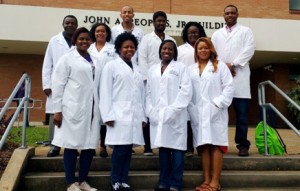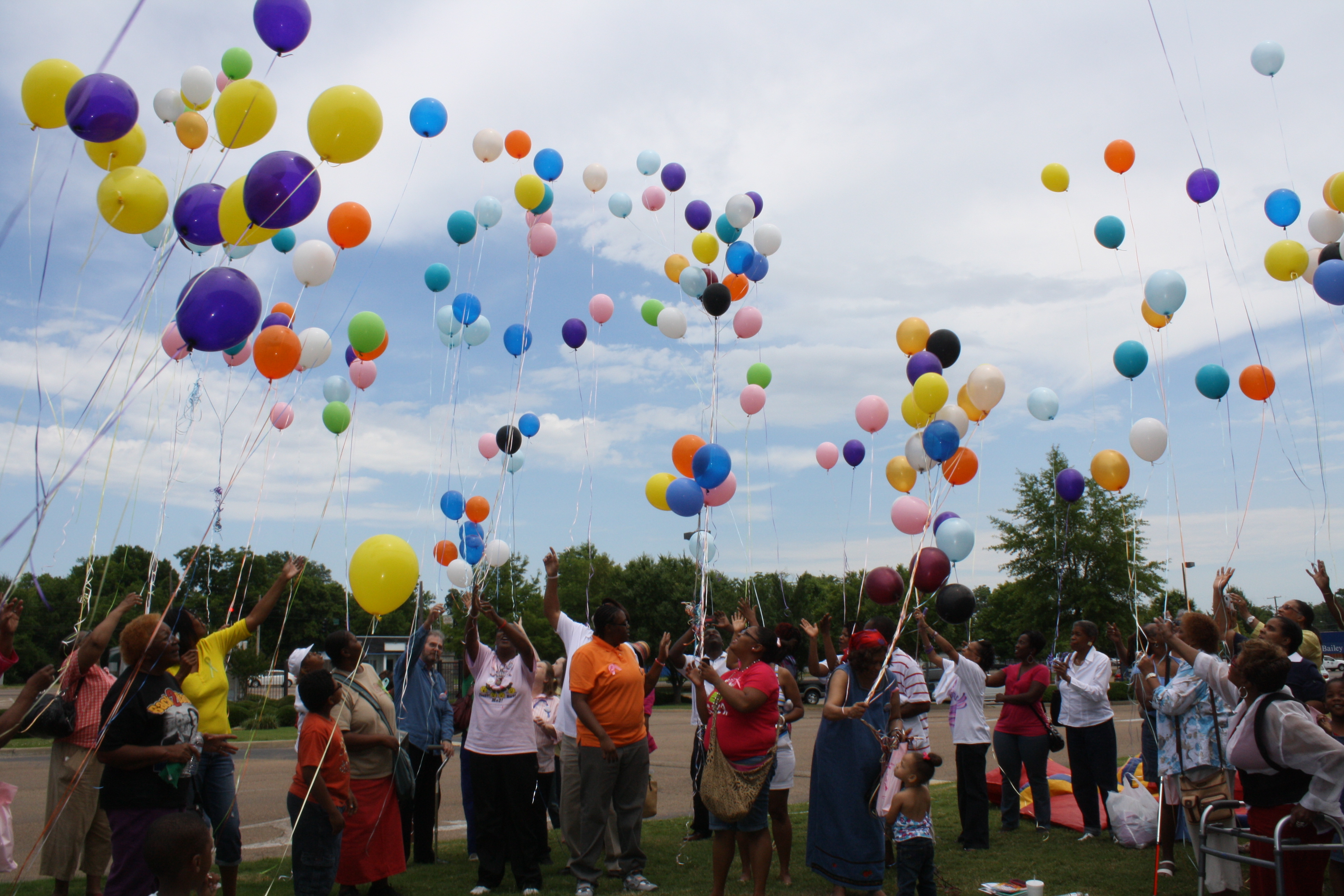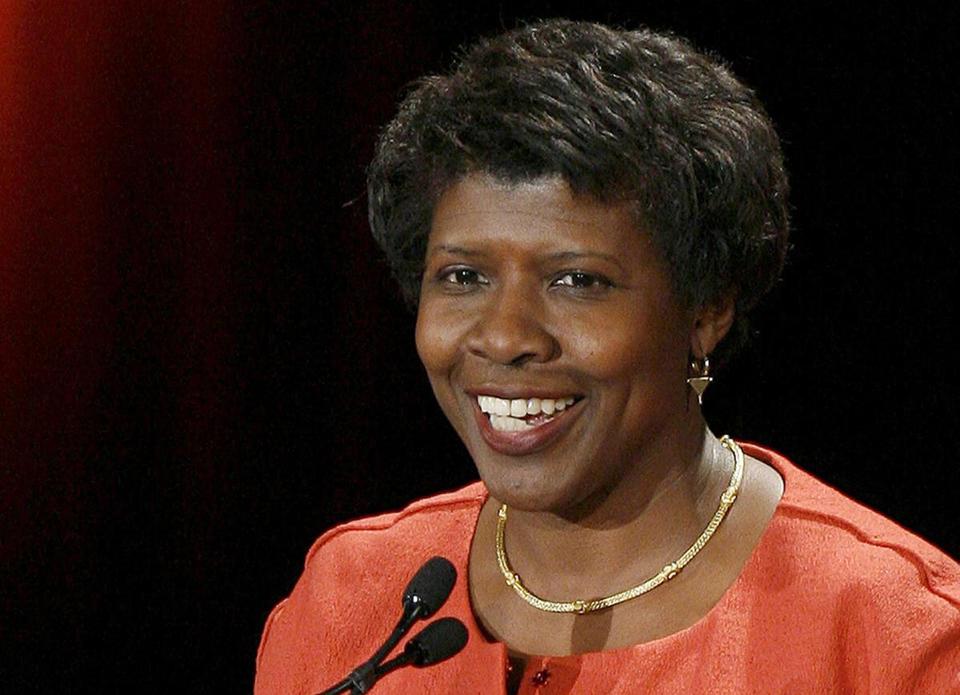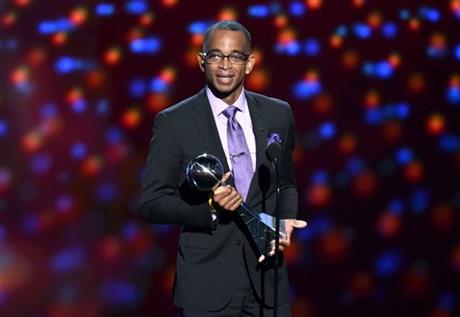
The Mississippi Link Newswire

Dr. Clement G. Yedjou, a cancer scientist in JSU’s College of Science, Engineering and Technology, and doctoral candidate William Johnson and master candidate Justin McDowell, are part of a task force studying possible links between chemicals and cancer of 174 scientists from 28 countries assembled by an NGO called “Getting to Know Cancer.”
From the thousands of chemicals to which the population is now routinely exposed, Yedjou says, the scientists selected 85 that were not considered to be carcinogenic to humans and they reviewed their effects against a long list of mechanisms that are important for cancer development.
Working in teams that focused on various hallmarks of cancer, the group found that 50 of those chemicals support key cancer-related mechanisms at environmentally-relevant levels of exposure. This supports the idea that chemicals may be capable of acting in concert with one another to cause cancer, even though low-level exposures to these chemicals individually might not be carcinogenic, Yedjou reported.
Due to man-made chemicals, human bodies now contain a chemical soup of these mixture chemicals that enter via food, air and water. The accumulation of these mixture chemicals in the body threaten human health and more likely to cause cancers and degenerative diseases, Yedjou said.
Yedjou is a co-author of a study on this issue which has just been published along with the supporting work from each of the teams in a special issue of Seminar in Cancer Biology. Dr. Yedjou’s current research focuses on natural products for the treatment of breast and prostate cancers.
“This is an area that merits considerable attention and where interdisciplinary and international collaboration is needed,” said David Carpenter, a project contributor and the Director of the Institute for Health and the Environment of the University at Albany in New York (a World Health Organization collaborating center).
“Although we know a lot about the individual effects of chemicals, we know very little about the combined and additive effects of the many chemicals that we encounter every day in the air, in our water and in our food,” he added.
It’s believed as many as one in five cancers may be due to chemical exposures in the environment that are not related to personal lifestyle choices.
For more information, see the organization’s website: www.gettingtoknowcancer.org



